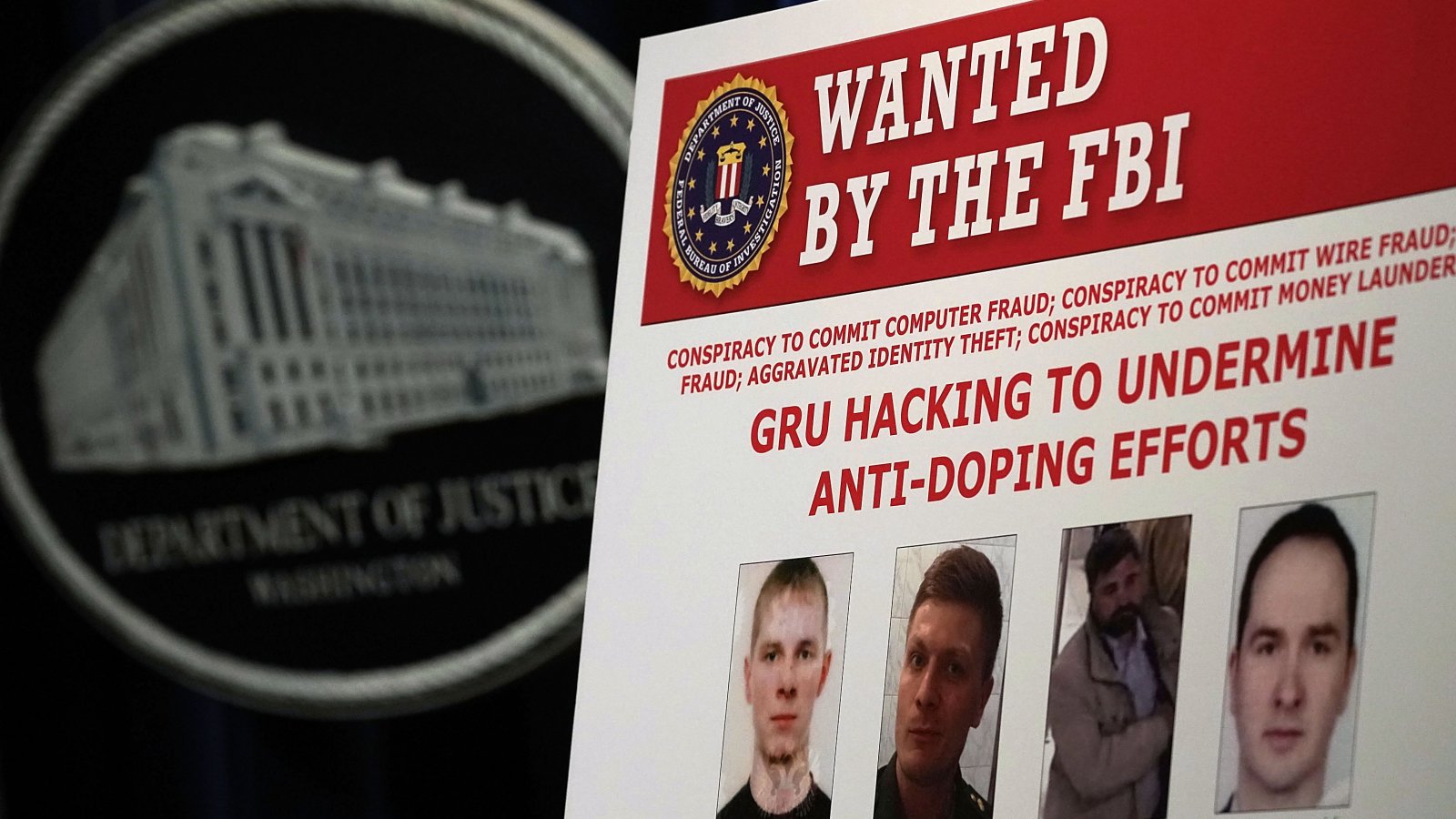
A Russian journalist living in Europe, who has been able to identify Russian military intelligence officers with surprising ease, has filed a new report recounting the numerous instances where GRU agents made silly mistakes.
Journalist Sergei Kanev said he wants to call attention to problems within an organization he thinks has moved from traditional spying into unchecked violence and foreign interference. But his story portrays the agency as more sloppy than scary: one finding was that suspected GRU agents appeared to blow their own covers.
None of the few dozen agents he wrote about is suspected of grave wrongdoing. However, governments in multiple countries have implicated GRU agents in the March nerve agent attack on a Russian ex-spy in Britain, hacking the 2016 U.S. presidential campaign, involvement in downing a Malaysian plane and disrupting anti-doping efforts.
(...)
Kanev said he identified three agents after they filed police reports for stolen goods, by cross-checking names with databases showing addresses or other information on GRU employees. Another was identified after being arrested over a cafe shootout.
The report also says the Russian Defense Ministry sought to conceal the identities of dozens of children of alleged GRU officers living in a Moscow housing complex by adding 100 years to their ages in administrative registries. GRU agents jokingly called it the "old folks' home," Kanev said.
However, pension authorities raised alarm upon discovering the freak concentration of very elderly residents, suspecting some kind of pension fraud.
Kanev, ... told The Associated Press he uncovered the identities by using databases purchased on the black market from Moscow police, traffic police or security agents. He said he cross-checked them with open sources and discussions with security sources ...
Kanev's reporting was funded and published by Kremlin opponent Mikhail Khodorkovsky's Dossier Project, and also released by Russian independent broadcaster Dozhd TV.
(...)
In an interview with the AP, Kanev said he also identified 16 GRU officers who once lived in the same Moscow dormitory as Anatoly Chepiga, one of the Russian officers suspected of poisoning turncoat GRU agent Sergei Skripal in Salisbury. Kanev did not publish their names.
Kanev said that he could identify so many officers was a sign that "Russia is eroding."
(...)
Keir Giles, the director of the Conflict Studies Research Center in Cambridge, England, warned that unmasking Russian spies who aren't accused of serious wrongdoing exposed Kanev and his backer, oligarch-turned-dissident Khodorkovsky, "to charges that instead of reforming Russia, they just want to harm it."
Giles said the revelations highlight a sense among Russian intelligence agencies that they are "above the law" and could reinforce their view that "mass connectivity, unhindered communications, and widespread access to information" is a threat to national security.
Meanwhile, the drip-drip of revelations will continue to dent the image of the GRU, but not deter it from unsavory actions, experts said.